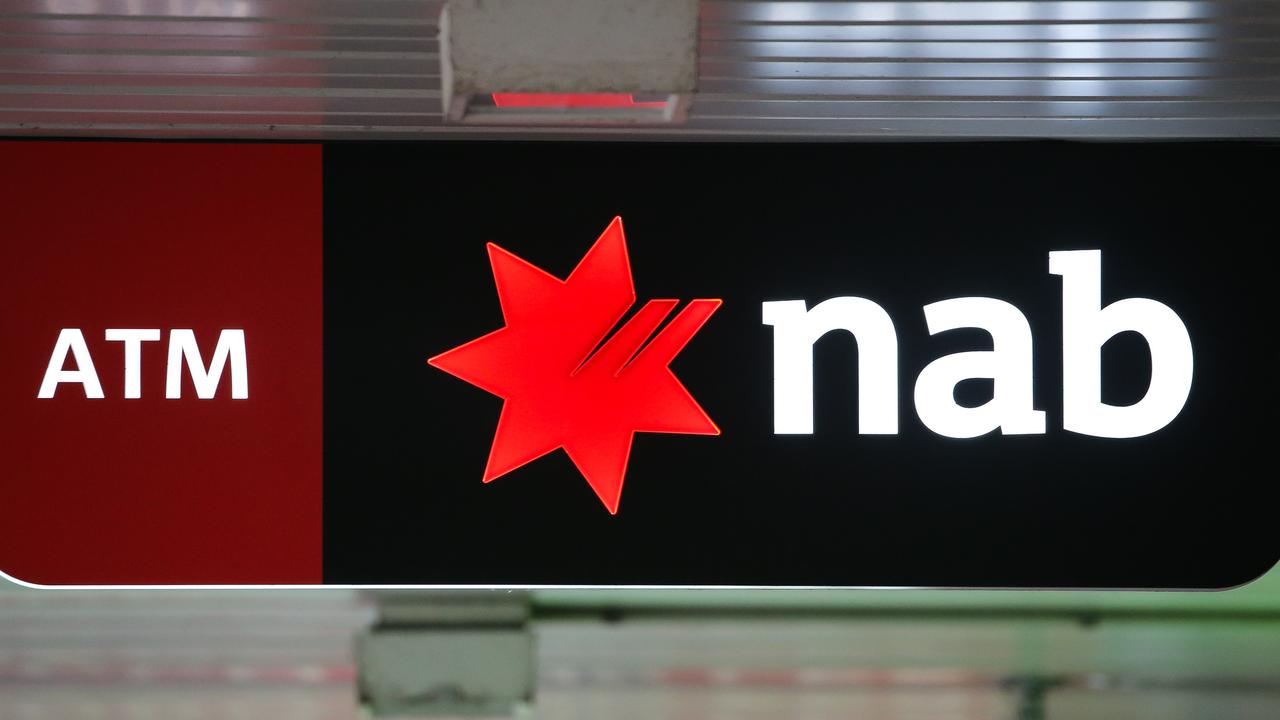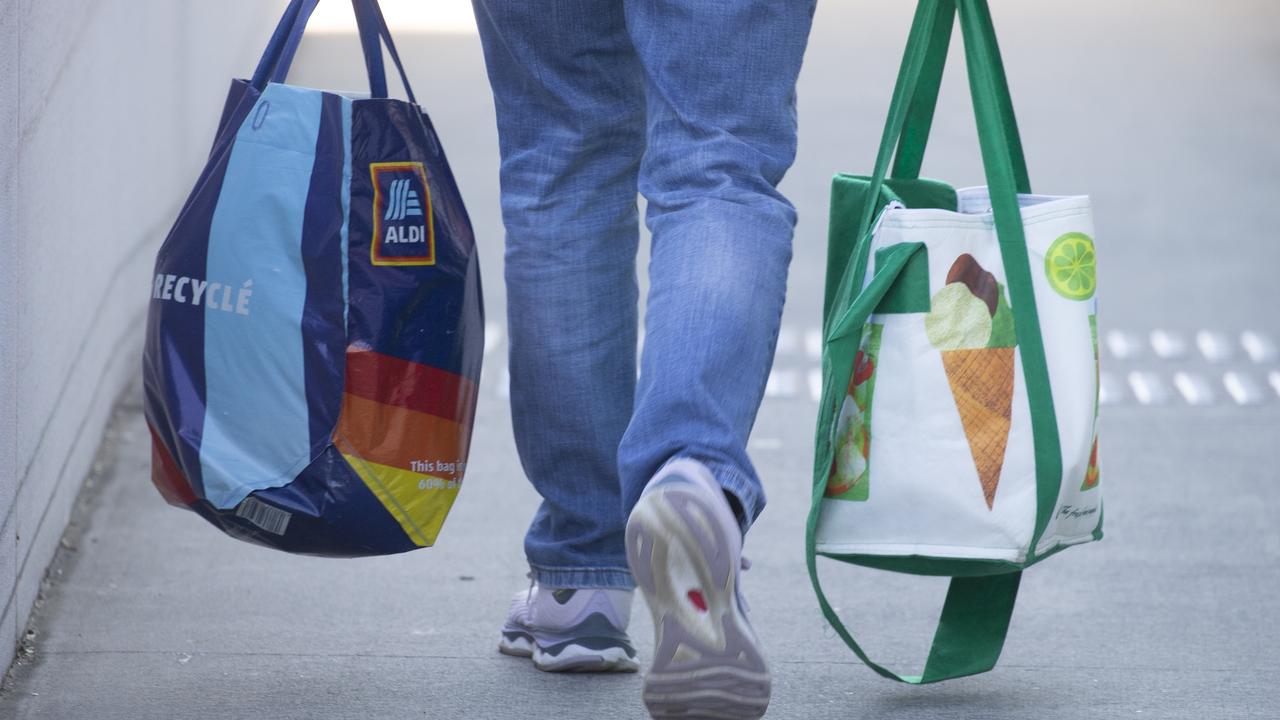Small business scams: the worst offenders
By Sarah Michael SMALL businesses are a “soft target” for scammers, with almost a million dollars reported in false invoices last year.

BUSY small business owners are a "soft target" for scammers, with almost a million dollars reported in false invoices last year, industry bodies say.
Fraudulent billing for advertising, directory listings, domain names and office supplies were just some of the small business scams most complained about to the Australian Competition and Consumer Commission in 2010.
With reports to the ACCC recording a total loss of $966,844 for the calendar year, news.com.au has put together a list of some of the worst scams to watch out for.
Promises of higher search engine rankings
Be wary of emails from companies offering to rank your website higher on search engines like - for a fee.
“If there’s not a phone number you can ring up and contact someone to confirm that it’s legitimate then it’s a warning sign,” Small Business Australia executive director Bill Lang says.
“If you send them an email and fill out their contact answer form and they don’t respond then that’s a warning sign.”
Fake government grants
Some sites will charge a fee to access grants which in most cases can actually be accessed for free.
The ACCC warns that small business operators should be wary of overseas websites which falsely give the impression they are endorsed by the Government.
To help avoid this, remember the Government does not cold call you to tell you about grants, it does not accept payment via wire transfer and all websites have a “.gov.au” extension.
Bogus trademark registration fees
When a small business operator patents or trademarks a product, it can open them up to scams, often from Europe or the US, claiming they must pay fake registration fees.
Every week the intellectual property department of the Federal Government publishes the details of all businesses that have registered a trademark in The Official Journal of Trademarks, which is uploaded online.
Jacqui Pryor, a trademark consultant at intellectual property consulting business Complete IP, says that scammers send official-looking bills at the time when a registration or renewal fee would typically be due, so it is easy for small businesses to be caught out.
Ms Pryor says if a small business is not going through an agent it’s important to remember that all official communication will come from the government department, not a third party.
“The biggest difficulty in this issue is that they’re coming from overseas entities so the Australian authorities don’t have a lot of jurisdiction in ceasing what [the scammers] are doing,” she says.
Phony OH&S posters
Small businesses can be targeted by people claiming they must pay for and display fake Occupational Health and Safety issues or risk a fine.
Convenience and Mixed Business Association executive director Dominic Greco says that small businesses have so much to deal with and this makes them “soft targets” for scammers.
“It’s frightening, it’s annoying, it’s frustrating and it makes them want to give up,” he says.
“Small business owners have so much to deal with. It’s overwhelming to keep track of it all and people are falling for it.”
A spokesperson for Safe Work Australia told news.com.au it is not a requirement that businesses buy occupational health and safety posters in order to comply with work health and safety laws.
If you are targeted by these people ask to see photographic identification. If you are suspicious about the legitimacy of their identity contact your local state or territory work health and safety authority to report your concern.
For more information about protecting your small business or to report a scam, visit www.scamwatch.gov.au or call 1300 795 995.



